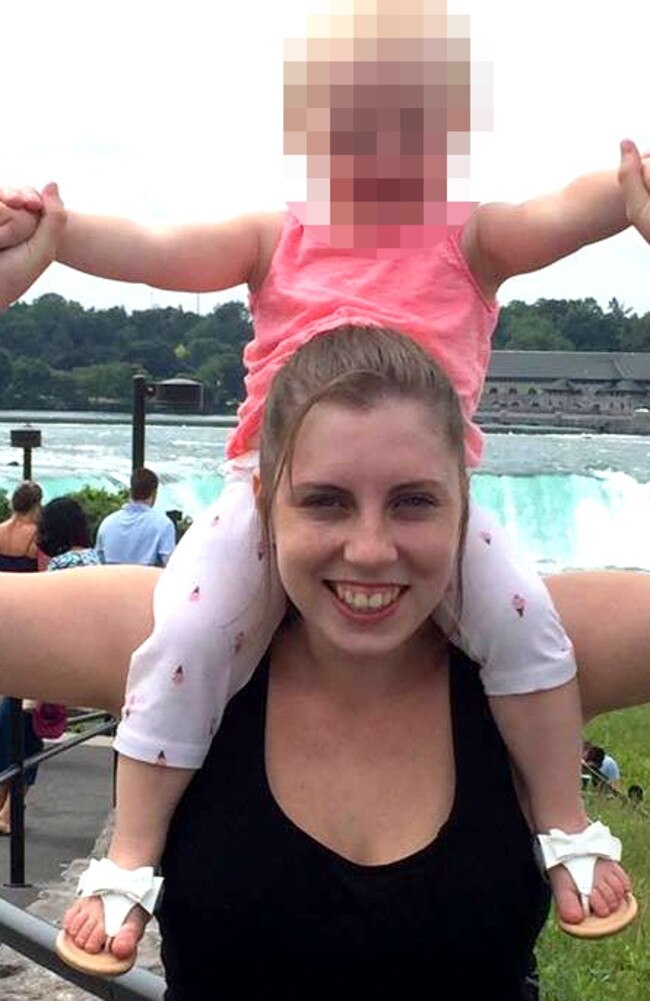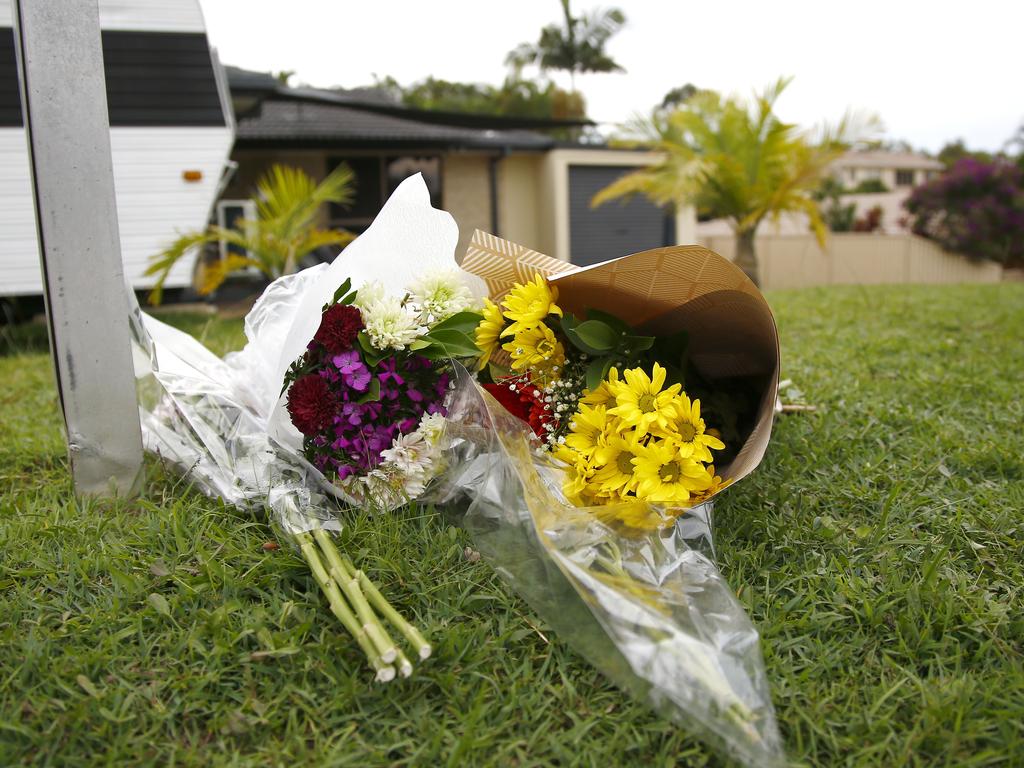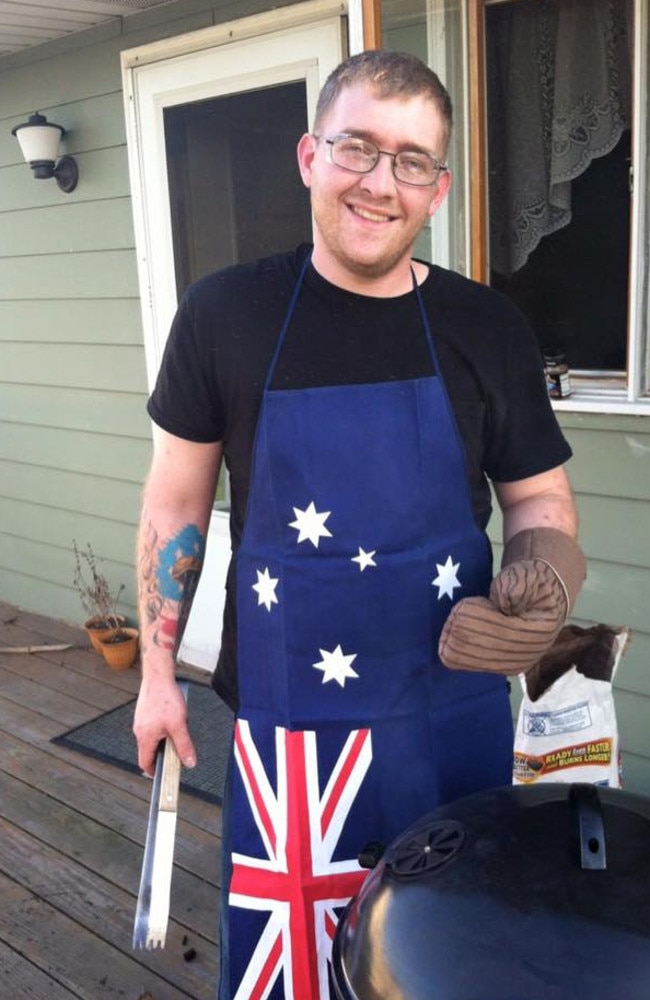Kelly Wilkinson’s death reminds us we must do better
The tragic case of Kelly Wilkinson has shocked us all. If we want to stop this national emergency, everyone needs to change their behaviour.
OPINION
Last week, Gold Coast mother of three Kelly Wilkinson’s burnt body was found at her Arundel home on the Gold Coast. Her estranged partner Brian Johnston, who is still in an induced coma, has been charged with her murder.
This horrific incident will remind many of Hannah Clarke and her children who were killed just over a year ago, although the reality is that there have been many tragic deaths of women since then, many that have not made the headlines.
As the investigation into Kelly’s death continues, questions are being asked – how did the system fail another woman? What can we do to stop this?
We know that when a woman leaves an abusive relationship this is when she is most likely to be killed – a fact that brutally underscores the extent to which this kind of violence is driven by the sense of control, ownership and entitlement that some men have over women.
RELATED: Stop blaming women and the courts for why men kill their kids

Violence against women is a national emergency, and one that Australia continues to reckon with.
On average, one woman is killed by a former or current partner each week and according to Destroy the Joint, 55 women were killed last year. Ten women have already lost their lives this year.
But homicide is just the tip of the iceberg when it comes to violence against women in Australia. Rather than seeing these incidents as shocking anomalies, we must look at them as part of a broader pattern of violence against women, violence that takes many forms, and is underpinned by broader injustices.
This was the message of last month’s nationwide March 4 Justice, which saw thousands of women take to the streets in protest against the high rates of physical and sexual violence against women in Australia. Speakers and protesters at these marches highlighted the many forms violence against women takes – from relationship and family violence, to dating violence, workplace sexual harassment and street harassment.
Critically, many of the speakers at these protests linked this violence to gender injustice more broadly – to the social, economic and political disadvantages and multiple forms of discrimination and oppression that women face.
RELATED: Alleged breaches of court orders not enough for police to act

And they also highlighted the ways in which violence and injustice impacts different women differently, making clear that some women face multiple intersecting forms of discrimination and oppression and particularly high rates of violence. They called for long-overdue attention to the violence experienced by Aboriginal and Torres Strait Islander women, women with disabilities, transgender women, migrant women, young women, older women and by those from the LGBTQI+ community.
At the core of these protests is the conviction that violence against women is not inevitable, it is preventable.
While we need to make sure response services are properly funded and can answer every single call, provide support and deliver justice to all women who experience violence, this is not enough. We must also look at what we can do to stop this violence from occurring in the first place.
We know from the evidence that violence against women is driven by gender inequality, which is deeply entrenched in society through our policies, laws, systems, workplaces, attitudes and behaviours. These inequalities are present in all the places we spend our time, from sports clubs to workplaces, education facilities and in the media.
The persistence of these inequalities is evident in the prevalence of sexist and disrespectful attitudes, and in unequal power relationships between women and men – both in public and in private life. We consistently see women shouldering more of the unpaid work burden than men, women paid less than their male counterparts, and men over-represented in decision-making positions.
RELATED: Kelly Wilkinson’s family claim decade of abuse before killing

In order to stop violence against women from happening and create lasting social change, we need to look at this bigger picture. We need a shared national goal – not only to respond more effectively to violence and intervene before deaths such as Kelly Wilkinson’s occur – but also to prevent all forms of violence against women from occurring in the first place. This means addressing the underlying drivers of this violence – right across society. Because we know that women will never be safe if they are not equal.
Governments have a key role to play in strengthening this national approach.
The upcoming National Summit in July provides an opportunity for all Australian governments to renew their commitment to creating an equal and safe society for all women in Australia and guide the Second National Plan to Reduce Violence Against Women. It is critical that this new plan provides an ongoing road map for a continued, long-term, co-ordinated and truly national approach to preventing and responding to this violence.
There is important work to be done, right across our community. It includes comprehensive whole-of-school respectful relationships education programs, workplace prevention and gender equality initiatives, and policy and legislation to drive the broader structural change necessary to improve women’s economic security and increase their representation in decision-making positions.
Kelly’s death and the allegations against her estranged partner is yet another reminder of the emergency we face. But this violence is preventable. We must turn our anger and pain at yet another woman’s death into motivation to drive sustained, long-term action to transform Australian society in deep and significant ways. Only by doing this will we be able to prevent it from happening in the first place.
Patty Kinnersly is the chief executive of Our Watch, a national leader in the prevention of violence against women and their children.
Do you think urgent change is needed in Australia's domestic violence laws? Comment below or email riah.matthews@news.com.au



